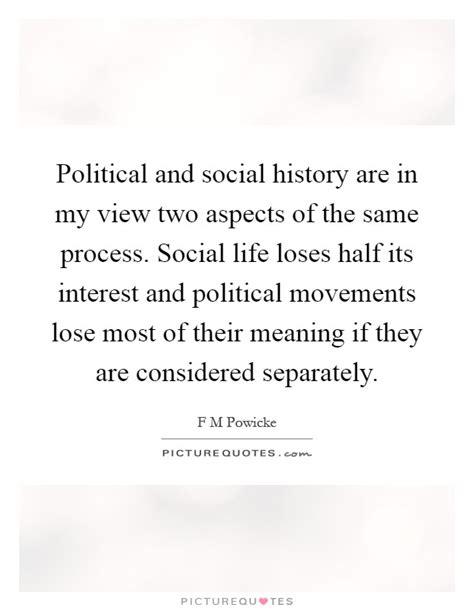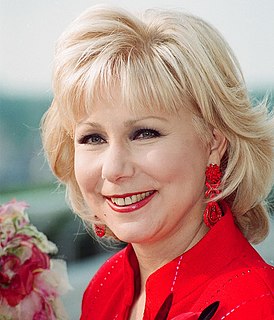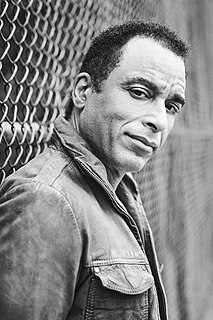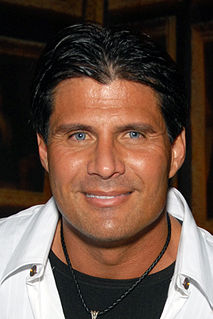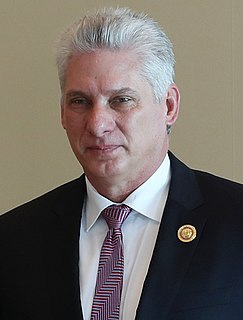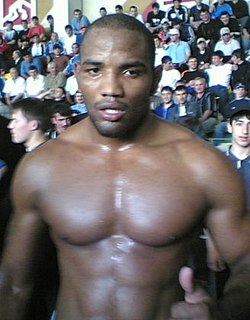A Quote by Alejandro Castro Espin
Venezuela, Bolivia and Ecuador lived through times of cruel and ruthless capitalism where the workers, the masses of the population, saw themselves living in a precarious state of employment and subsistence conditions. The impact of this reality took hold and impacted the evolution of the social situation of those countries and even though that produced movements that were not exactly political movements but social movements.
Quote Topics
Bolivia
Capitalism
Conditions
Countries
Cruel
Ecuador
Employment
Even
Evolution
Exactly
Hold
Impact
Impacted
Lived
Living
Masses
Movements
Political
Political Movement
Political Movements
Population
Precarious
Produced
Reality
Rough Times
Ruthless
Saw
Situation
Social
Social Movements
State
Subsistence
Themselves
Those
Though
Through
Times
Took
Venezuela
Were
Workers
Related Quotes
Venezuela, Ecuador, Bolivia, and Nicaragua have made a tremendous leap just by rejecting the neoliberal adjustment policies, they are making a statement from the social perspective. Capital in these cases has not been protected in any way which along with non - interference of the state is what neo liberalism stands for. It has gone the other way around; they have looked for social policies from the political movements and then when they have acquired the power of those political movements they have become in charge of the State.
If we are going to talk about the most recent of the "Indignados" movements in several countries of the world, including Europe, those are social movements but eventually they will evolve into political movements. This will happen because the traditional bourgeois parties have lost credibility after being the main political influence in most countries of Latin-America and Europe in the last 50 or 60 years.
What's more important is that we talk about movements; change happens through movements. The movement to end slavery, the movement to bring justice for those who have been left out of the system, movements to include women, movements around sexual preference - all these movements brought about change.
I recall coming across a line by the late Charles Tilly when he said, "The conditions for the possibility of social movements have been called into question in the twenty-first century." And I said to myself, my god, a society in history without social movements, for me, is very difficult to live in.
You build movements and keep people in a struggle when it feels productive. Anti-capitalists have typically been the people in movements who have declared every gain to be a trick of the capitalist class to buy us off. That line isn't very inspiring, and it shows no sensitivity to how social movements actually succeed.
Until educators, individuals, artists, intellectuals and various social movements address how the metaphysics of casino capitalism, war and violence have taken hold on American society (and in other parts of the world) along with the savage social costs they have enacted, the forms of social, political, and economic violence that young people are protesting against, as well as the violence waged in response to their protests, will become impossible to recognize and act on.
When Paul [Greengrass] was writing, he'd send me story ideas that he had. He was particularly interested in social movements and revolutions that had been happening all over the world, and how computers and the internet had helped those movements. He encouraged me to read a book about Anonymous, the hacker group called "white hat" hackers, meaning they're driven by ideology and social disruption as opposed to just greed.
Individuals bearing witness do not change history; only movements that understand their social world can do that. Movements encourage solidarity; the moral individual is likely, all unwittingly, to do the opposite, for bearing witness is lonely: it breeds feelings of superiority and moralistic anger against those who are not doing the same.











